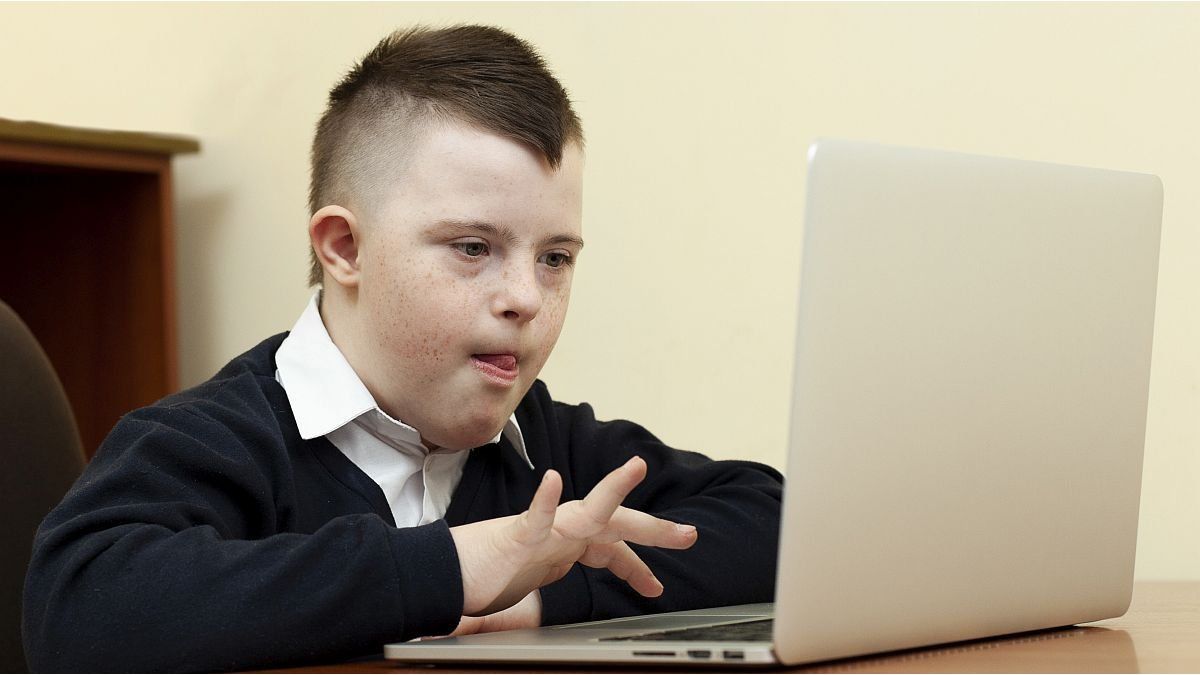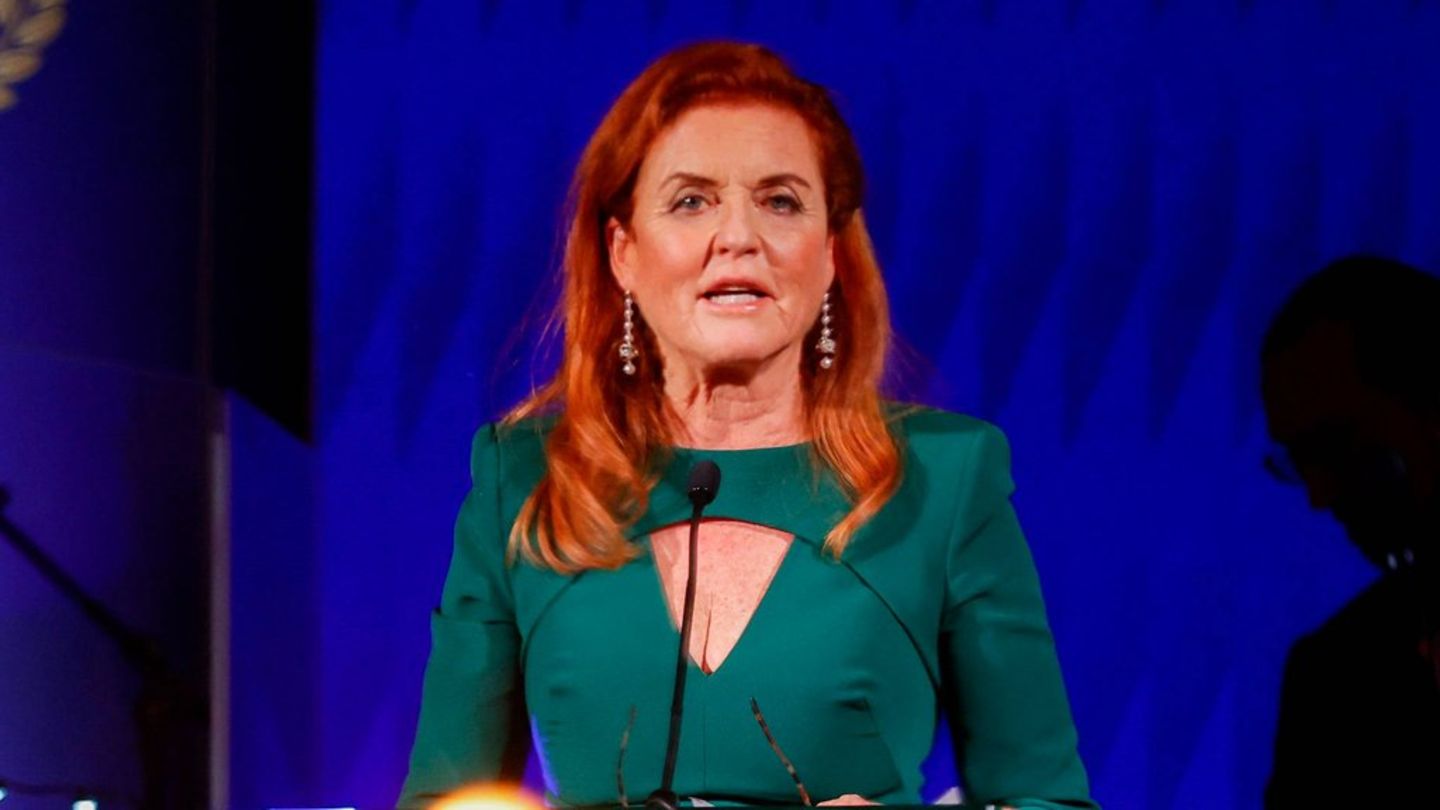Every March 21, Down Syndrome Day is commemorated around the world, with the aim of affirming and promoting the human rights and freedoms of all people with this genetic condition. According to the latest data from National Registry of Congenital Anomalies1,200 babies with Down syndrome are born in the country per year, which would represent an approximate population of 70 thousand people.
Down syndrome is a condition where a person has an extra chromosome. Chromosomes are small packages of genes in the body and determine how the baby’s body is formed during pregnancy and after birth.
Those with Down syndrome show an extra copy of a chromosome, 21. The medical term is “trisomy 21.”
Chromosome 21 causes physical characteristics and developmental challenges that may occur. Now, it is not known with certainty why the syndrome occurs or how many factors are involved, the only proven risk factor is maternal age; Women ages 35 and older are more likely to have an affected pregnancy.
Although Down syndrome has no treatment because it is not a disease in itself but rather a natural condition, there are children who present associated pathologies, sometimes in greater prevalence. They are complications related to their genetic alteration: congenital heart disease, hearing or visual problems, intestinal, neurological, endocrine anomalies, etc.
The overall health and quality of life for people with Down syndrome has improved dramatically in recent years, with them being healthier, living longer and participating more actively in society. The progress achieved in terms of awareness about this genetic condition, which in recent decades has led to a growing autonomy of people. Literacy, improvement in communication skills, familiarization with the use of public services and incorporation into the world of work, among others, are pillars that drive social inclusion and evolution.
People with trisomy 21 can and should have the possibility of making their contribution to society like anyone else, having responsibilities, making decisions, training, forming a couple, having friends, living and traveling independently. In this way, it will be possible to promote them to an independent and happy life.
President of the Observatory Foundation for Prehospital Medicine.
Source: Ambito
I am an author and journalist who has worked in the entertainment industry for over a decade. I currently work as a news editor at a major news website, and my focus is on covering the latest trends in entertainment. I also write occasional pieces for other outlets, and have authored two books about the entertainment industry.




